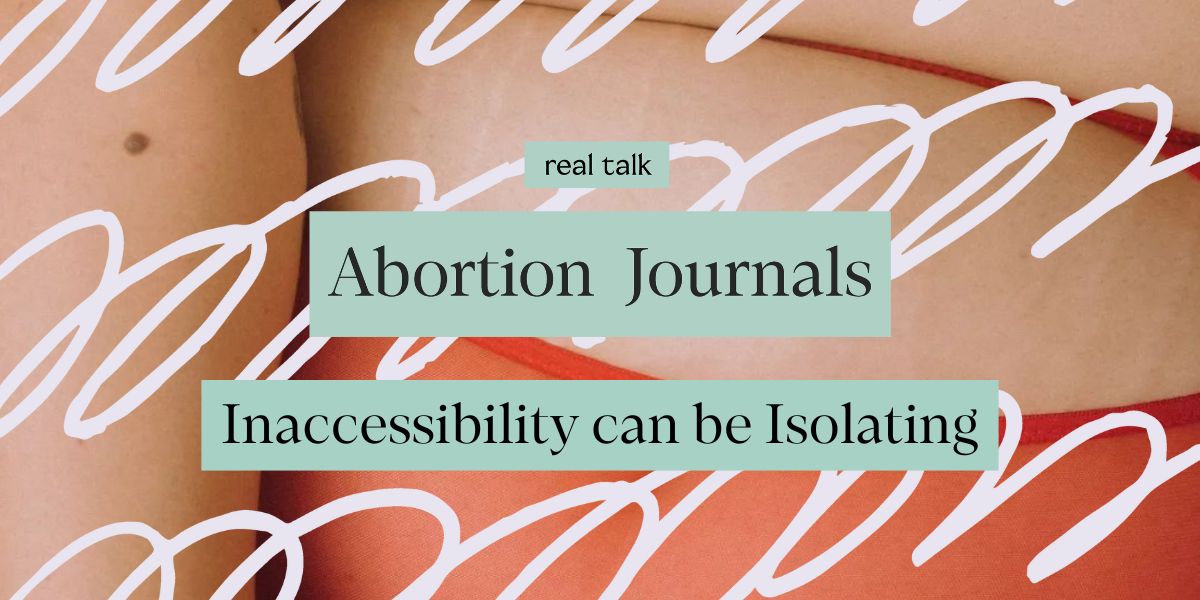How to Practice Gratitude

You can improve your life and help those around you by expressing your gratitude. So how can you become more grateful? We’ll discuss possible ways to define gratitude, what practicing gratitude can do, and some methods of practicing gratitude.
What is gratitude?
Gratitude is a feeling of thankfulness. It is a sense of appreciation for what you have in general and towards specific people who make a difference in your life. It can be expressed in multiple ways and has the potential to make a positive impact on you and those with which you interact. Gratitude can be a personality trait, a mood, or an emotion. Expressing gratitude can lead to lasting positive feelings for you and others. Expressing gratitude to others makes it a social emotion. Gratitude is often associated with thankfulness, praise, recognition, and appreciation.
Benefits of gratitude
Why practice gratitude? Gratitude has the potential to improve your mental and physical health by:
- Directing your attention to positive emotions (improves optimism)
- Improving relationships
- Improving academic and professional results
- Strengthening your immune system
- Being an avenue for cathartic release
- Engaging in reciprocity
- Reducing stress
- Reducing insomnia
- Reducing depression and other mental health conditions
Self-care and self-control can be impacted by practicing gratitude. Practicing gratitude can enhance feelings of positivity which might motivate you to make healthier choices. Practicing gratitude can also keep you focused on the present. Being able to stay in the moment improves your general well-being. Your stress or anxiety levels may increase by focusing on either your past or future.
Ways to practice gratitude
Like anything worthwhile, it takes conscious effort to increase the amount of gratitude in your life. You have to recognize that something positive has impacted your life and that something outside of yourself helped you get that outcome. Here are ways to practice gratitude:
Appreciate the small things - Look at the world around you and acknowledge the beauty. One way to do this is to take a walk in the woods and listen to the sounds of nature. Use this time to focus on the present moment by tuning in to each of your senses. Listen to the birds, feel the crunch of leaves beneath your feet, etc.
Look at how (negative) experiences have shaped who you are - How would your life be different if you never experienced [insert negative thing]? What did you learn by going through it? Has this experience helped you through something else?
Practice mental subtraction - Take something good in your life and imagine how you might be different if this (event/thing) wasn’t part of it. Would you feel or act any differently?
Keep a gratitude journal - What makes a positive difference in your life? Create a daily list. The exercise doesn’t have to take long (no more than ten minutes). You might improve your ability to focus on the good aspects of your life by writing in a gratitude journal consistently.
Give back - Giving back, whether volunteering in the community or doing something small for a friend, has the potential to increase gratitude (yours and theirs). Giving back often leads to further acts of kindness. Kind action might be reciprocal, or the recipient might pass it forward.
Spend time with the people you care about - Being around family and friends can reduce negative feelings such as loneliness. Social wellbeing feeds into feelings of gratitude.
Spend time doing things that make you happy - Happiness improves feelings of gratitude. By doing things that make you happy, you’re giving yourself the space to reduce anxiety and explore avenues of self-improvement. Caring for yourself helps you to better care for others.
Meditate - Meditation is a mindfulness practice that can help you find the self-awareness to better practice gratitude. It can help you recognize and appreciate the good things in your life. You can experiment with different forms of meditation, and other mindfulness practices, to see what process works best for you.
How can you measure gratitude?
It can be challenging to know how an intangible concept like gratitude makes a difference, especially when numerous factors are at play. Can you see the impact of your (daily) practice of gratitude? Ask yourself:
- How many things am I grateful for in my life? Write a list to help with visualization.
- Has my appreciation for other people and life in general grown by practicing gratitude?
- How often do I recognize moments of gratitude as I live day-to-day?
- Does my behavior express gratitude?
- Has my general well being improved since I’ve started a daily gratitude practice?
- What else has changed since I’ve started a daily gratitude practice? What could be impacting this?
- Are there areas in my life where gratitude still falls short?
Keep in mind that trying too hard to practice gratitude can be anxiety-provoking. If you notice your efforts are causing you stress, try another tactic.
Keep Reading

How to fight the holiday blues
November 18, 2022 • 2 min










